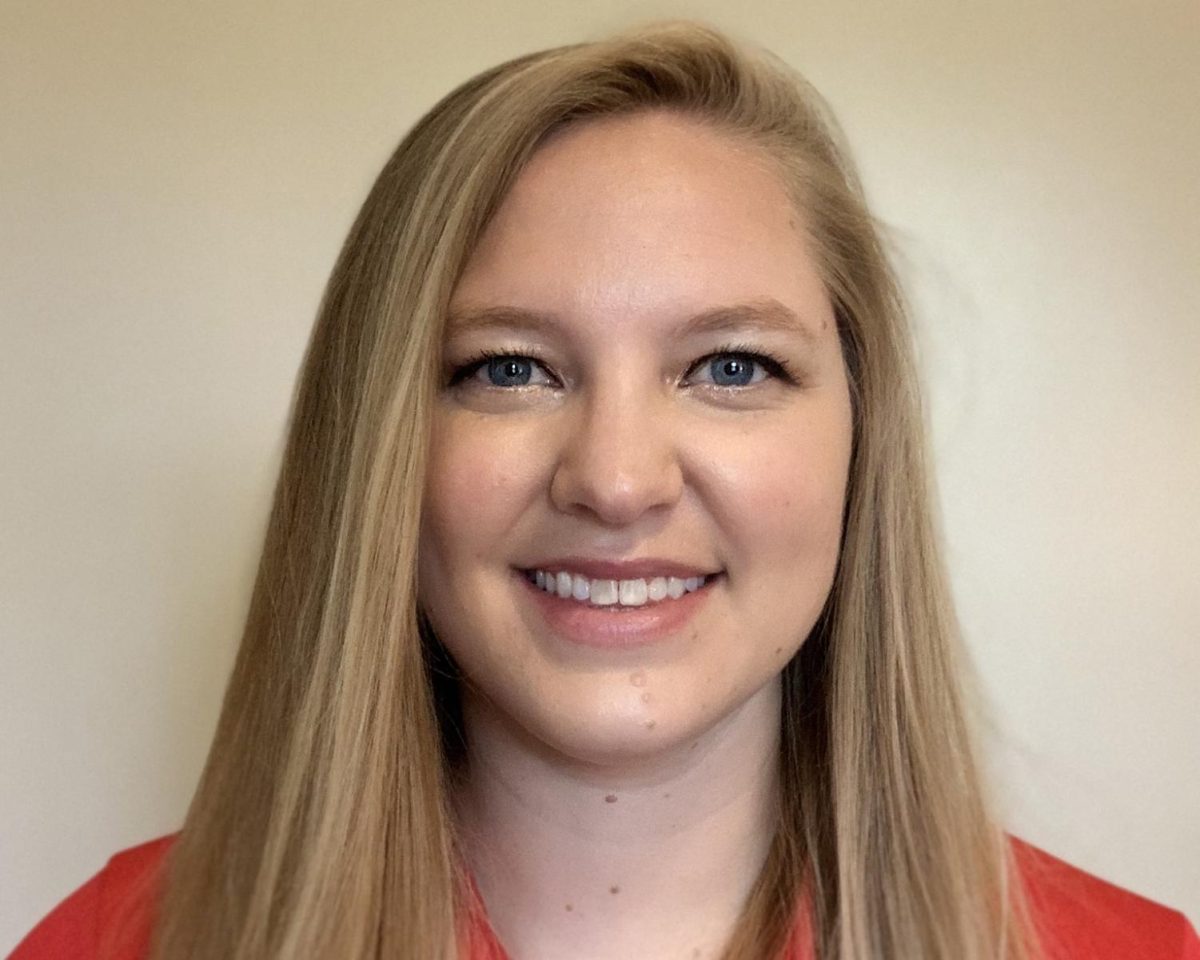Miami Athletics prioritizes mental health of student-athletes
Katherine Tylinski is the new staff psychologist for the Miami Athletic Department.
September 4, 2020
As the resident psychologist for Miami University Athletics, Katherine Tylinski’s job is to help student-athletes deal with the mental stresses that come with high-level competition.
Tylinski interned for Miami in the Student Counseling Service Department in 2019. Miami hired her for her current position this semester. Coincidentally, that is about the same time that Mid-American Conference announced that there would be no fall sports competitions in the league.
In her role, Tylinski said she will be “working with student-athletes directly who are dealing with mental health issues or performance concerns.” In addition, she will consult with the athletic department staff, coaches and trainers.
But currently, her top priority is “getting student-athletes connected to the resources and providing the services they need to continue to pursue their goals and pursue excellence both in and out of sport,” she said.
Miami University Volleyball Head Coach Carolyn Condit recognizes the importance of her athletes’ mental health and the importance of having someone such as Tylinski available.
“[Athletes] put a lot of pressure on themselves to do very well and to almost be perfect,” Condit said. “I know we stress performance over perfection because no one can be perfect, especially in volleyball.”
Condit mentioned the resources athletes have available to them such as talking to a staff psychologist.
“Usually that really helps to have some regular meetings and realize they aren’t the only ones that feel that way,” said Condit
COVID-19 has forced a change in how those regular consultations operate, not just for Tylinski, but for all the counselors connected to the university’s Student Counseling Service and for many counselors elsewhere. They have switched to using mainly tele-behavioral health services. This means she is using video or phone conferencing to provide services to student-athletes.
“Overall, there is a current focus on the pandemic and the social climate right now,” said Tylinski. With no fall sports, there will be specific support groups offered to student-athletes to help them manage.














